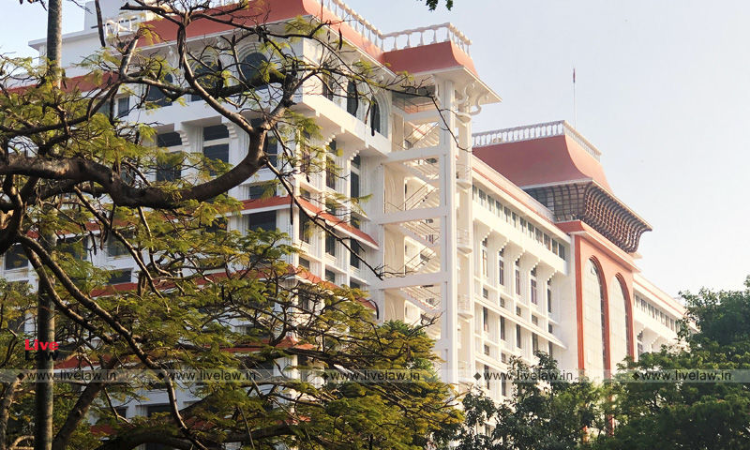Kerala High Court Allows Bail Plea Moved By CGC Accused Of Sexually Assaulting Colleague
Hannah M Varghese
8 July 2022 11:40 AM IST

Next Story
8 July 2022 11:40 AM IST
The Kerala High Court on Friday allowed the bail application moved by Central Government Counsel Navneeth N Nath in a sexual assault case lodged against him by his colleague. Justice Bechu Kurian Thomas granted bail subject to some conditions observing that although the offences alleged against him are serious, it was improbable that he would flee from justice since he is stated to be a...
